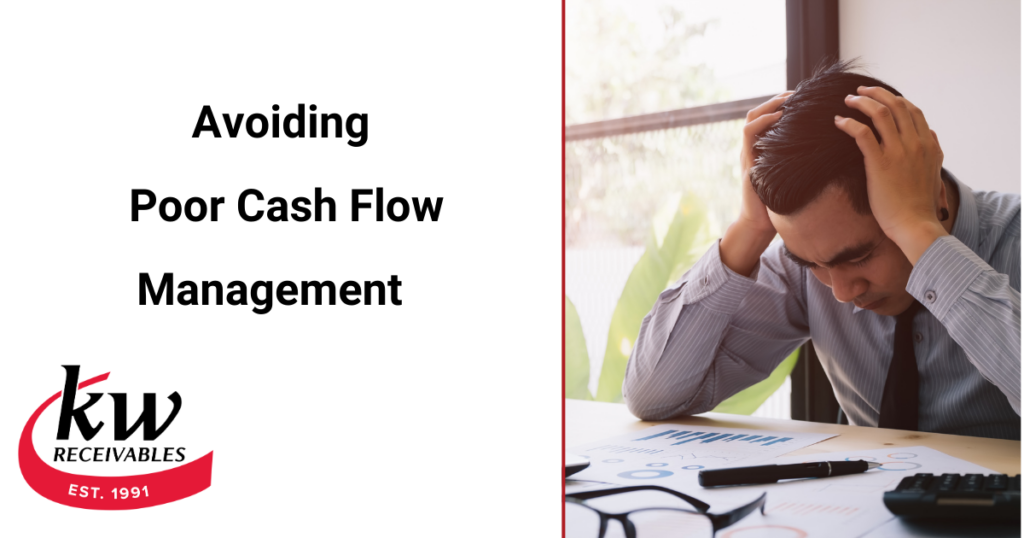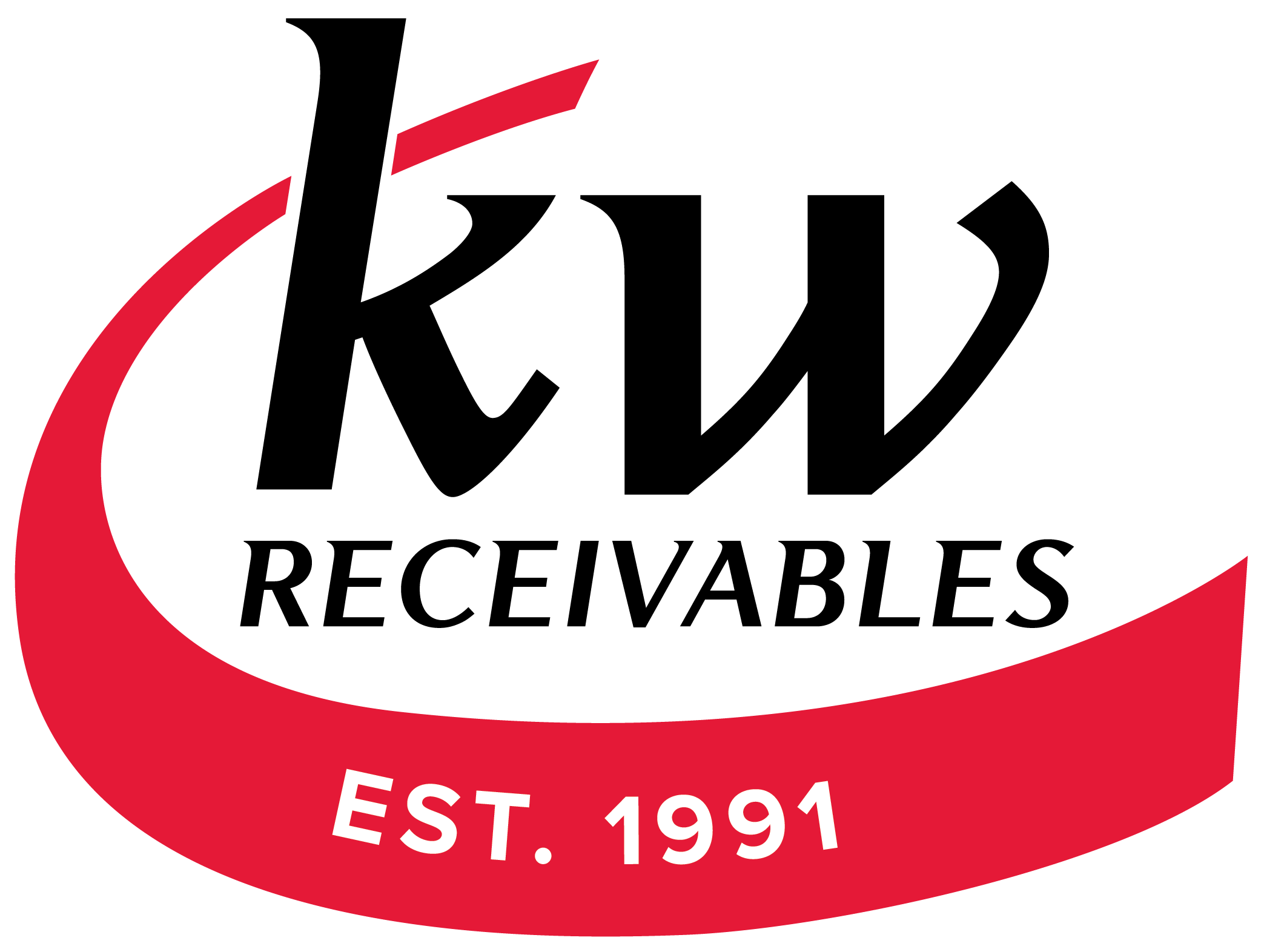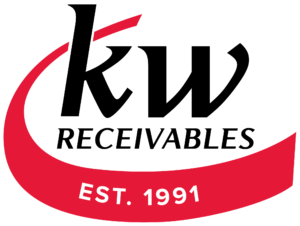
Cash flow management is a critical aspect of running a successful business. Yet, many businesses underestimate the impact of poor cash flow management and the hidden dangers it presents. In this article, we will explore the hidden dangers of poor cash flow management and provide practical tips to avoid them.
The Hidden Dangers
Cash Crunch: Poor cash flow management can lead to a cash crunch, where a business does not have enough cash to meet its immediate financial obligations. This can result in missed payments to suppliers, delayed salaries for employees, and even potential legal issues. A cash crunch can cripple the day-to-day operations of a business and tarnish its reputation.
Missed Growth Opportunities: Insufficient cash flow restricts a business’s ability to invest in growth opportunities. Whether it is upgrading technology, expanding product lines, or entering new markets, a lack of available funds can hinder a business’s ability to seize these opportunities. Over time, missed growth opportunities can lead to stagnation and loss of market share.
Increased Borrowing Costs: Poor cash flow management often forces businesses to rely on external financing, such as loans or credit lines, to cover their short-term cash needs. When a business appears financially unstable due to poor cash flow management, lenders may charge higher interest rates or require stricter terms, increasing borrowing costs and reducing profitability.
Strained Relationships: Late payments to suppliers and vendors can strain relationships, leading to a breakdown in trust. This could result in reduced credit terms, loss of favorable pricing, or even severed relationships. Poor cash flow management can damage your reputation within your industry, making it difficult to establish new partnerships or negotiate favorable terms.
How to Avoid Poor Cash Flow Management
Create a Cash Flow Forecast: Develop a robust cash flow forecast to anticipate inflows and outflows of cash. This will help you identify potential shortfalls or surpluses in advance, allowing you to take appropriate actions to manage your cash flow effectively.
Manage Receivables: Implement efficient and clear invoicing processes to ensure timely payments from customers. Regularly review and follow up on overdue invoices, and consider setting up early payment incentives or offering discounts for prompt payments.
Control Expenses: Conduct regular expense reviews to identify areas where costs can be reduced or optimized. Look for opportunities to negotiate favorable terms with suppliers or find more cost-effective alternatives without compromising quality.
Monitor Inventory: Optimize your inventory levels to avoid tying up excess cash in slow-moving or obsolete stock. Utilize inventory management systems to accurately track demand patterns and adjust your purchasing strategies accordingly.
Build a Cash Reserve: Establish a cash reserve that can cover at least three to six months of business expenses. This will provide a safety net during lean periods or unforeseen circumstances, reducing the risk of a cash crunch.
Improve Cash Flow Conversion: Explore ways to shorten the time between making a sale and receiving payment. This could include offering incentives for early payments, implementing electronic payment options, or engaging in factoring or invoice financing arrangements to accelerate cash flow.
Seek Professional Advice: Consider engaging the services of a financial advisor or accountant who specializes in cash flow management. They can provide expert guidance, identify potential risks, and offer tailored solutions for your specific business needs.
Poor cash flow management can lead to significant hidden dangers that jeopardize the stability and growth of a business. By adopting proactive cash flow management strategies, such as creating a cash flow forecast, managing receivables, controlling expenses, and building a cash reserve, businesses can avoid these dangers and position themselves for long-term success.
Remember, consistently monitoring and optimizing your cash flow is crucial for maintaining financial stability and seizing growth opportunities. Don’t underestimate the hidden dangers that can arise from poor cash flow management. Take action today to ensure a healthier and more prosperous future for your business. Contact us today, we can help!

